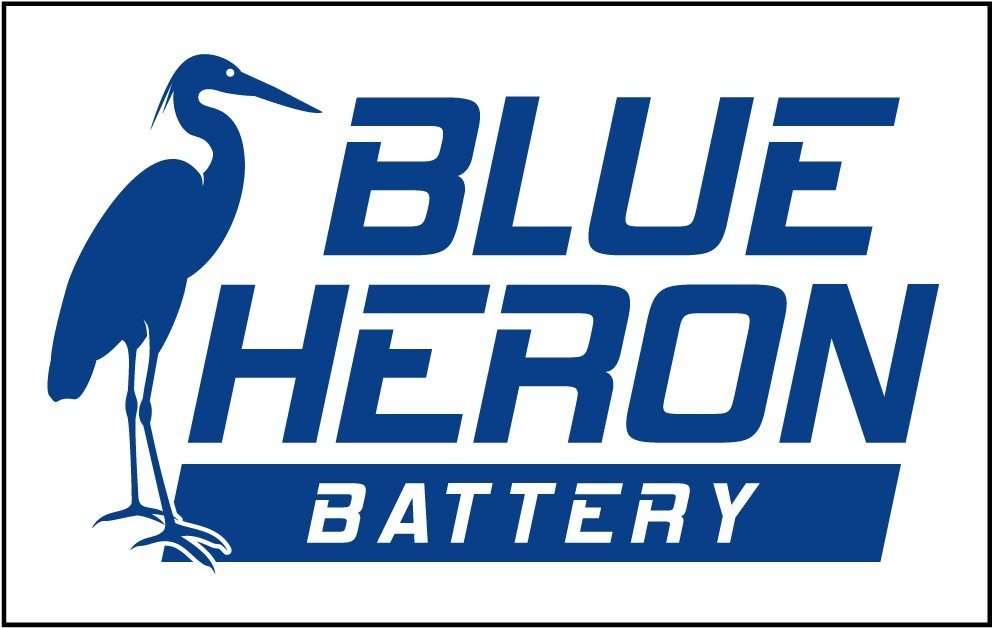3. Beware – Internet Lithium Pricing
By the Blue Heron Tech Support Team
When it comes to Lithium batteries, there is no end to special gimmicks, deals, and can’t miss opportunities. There are many legitimate companies but sprinkled with a lot of other fluff. If it appears too good to be true, well, it is.
So, let’s start with talking about Grades of cells. Back in 2012 when we first were buying, testing and using Lithium cells from China, there was no such helpful classification. At the impetus of the Chinese government, as in other areas in China, the Lithium battery manufacturers were tasked with establishing quality standards for newly manufactured Lithium batteries. And manufacturers would be enforced by the Chinese government to comply with these. In 2012 the industry came up with the establishment of Grade A, Grade B and Graded C lithium batteries.
Grade A cells were those that were within established ranges of advertised capacities, voltage, maximum self-discharge rates.And, they met other factors on appearance, size and weight that were to be established by each manufacturer.We are not sure what the penalties are but we have found the Chinese market to be very careful on this classification.Cells rated as Grade A are indeed very good quality.If cells come from a leading manufacturer, then the actual capacity well-exceeds the rating.Blue Heron makes sure: its Lithium cells come from leading manufacturers, all of its batteries as well as BMS systems are rated Grade A, and internal testing is conducted to confirm the Grade A rating.
Grade B cells are ones that fail to meet those standards. The Chinese Government does not establish minimum quality levels for Grade B. Grade B
could be reasonably good batteries that barely miss being Grade A except for one parameter. Or Grade B could be very poor quality, and not even be functioning. One has no way of knowing. Grade B batteries are bought from original manufacturers by “middle-men” and sold on the open market. You can find them on Amazon with 100Ah batteries advertised for $200 - $450. Our advice is do not go near them. They could last for a short while, or they may not work at all. And, good luck on any warranty support.
Some of the better manufacturers use an optional Grade C label. These manufacturers place any batteries with minimal capacity as Grade C. Any Grade C are supposed to be destroyed.
And the last caution is that there are a number of situations where dealers remove functioning batteries, like from buses, street lights, and other applications, clean them up and sell that on the open market in China and in the US. These too will have amazingly low prices, and offer warranties that won’t be honored.
Because of this wide range in performance of Garde B Lithium cells, and because you won’t find batteries on Amazon or similar markets labelled as Grade B, and with the possibility of getting stung with used Lithium batteries, probably the best advice is to stay away from deals that appear too good to be true. If a reputable supplier certifies, like Blue Heron does, that their products are only made with Grade A cells, then you should be in good shape.
(This technical article is the property of Blue Heron Battery LLC and may not be copied or shared with others in whole or in part without the express permission of Blue Heron Battery LLC.)

